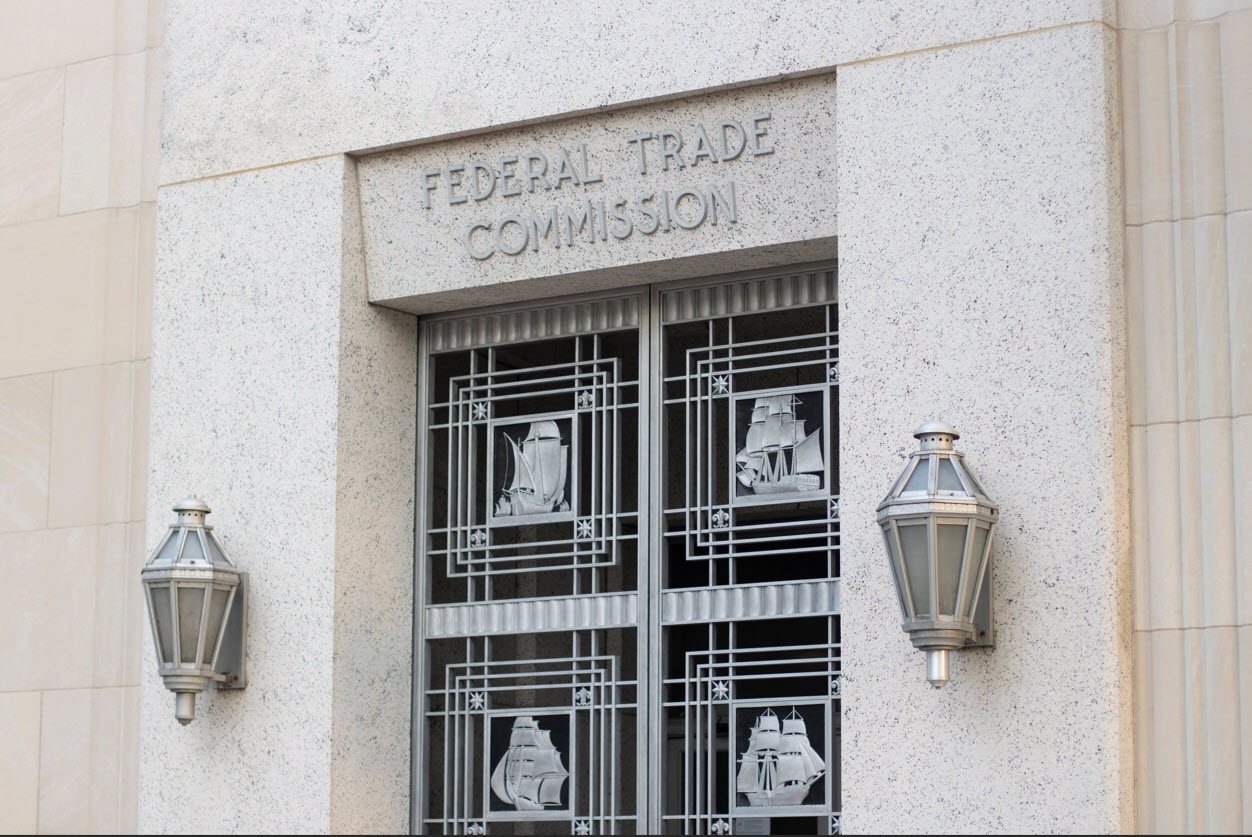The Federal Trade Commission (FTC) has taken action against Click Profit, a business opportunity scheme that allegedly misled consumers with false promises of substantial passive income through online sales. A federal court has temporarily halted the operation, which is accused of defrauding consumers out of millions of dollars.
Deceptive Promises and False Claims
According to the FTC’s complaint, Click Profit and its operators enticed consumers by advertising an artificial intelligence-driven system designed to generate passive income. The company claimed its system could enable users to sell products on platforms like Amazon, Walmart, and TikTok with minimal effort. However, the FTC alleges that these promises were misleading and that the system failed to deliver the profits advertised.
In its marketing, Click Profit also falsely suggested affiliations with major brands such as Nike and Disney to gain credibility and persuade consumers to invest tens of thousands of dollars. The FTC contends that these claims were entirely fabricated.
High Costs, Little to No Returns
Click Profit operated under various names, including FBALaunch, Automation Industries, and PortfolioLaunch. The company lured consumers by asserting that its business model was “safe, secure, and proven to generate wealth.” Consumers were encouraged to invest heavily, with management fees starting at $45,000, along with additional charges for inventory purchases.
Despite these hefty investments, the FTC alleges that most consumers saw little to no return on their money. Some individuals ended up in significant debt, while others found themselves stuck with unsold products. The complaint notes that a significant portion of Click Profit’s stores—primarily hosted on Amazon—either failed to generate revenue or earned less than $2,500 in lifetime sales.
Additionally, the FTC found that many stores took months to launch, and in some cases, were never opened at all. Even for those that did become operational, Amazon reportedly suspended or terminated about 95% of them, making it nearly impossible for consumers to achieve the promised financial success.
Aggressive Marketing and Pressure Tactics
Click Profit’s marketing campaigns aggressively promoted the idea of six- and even seven-figure earnings. Co-founder Craig Emslie was featured in advertisements flashing wads of cash, reinforcing the illusion of easy wealth. The company also showcased testimonials from supposed customers who claimed to have made enormous profits, further luring in unsuspecting consumers.
To add to its credibility, Click Profit suggested that venture capital firms were willing to purchase consumers’ online stores for up to six times their value. However, according to the FTC, there is no evidence to support these claims.
Once consumers had invested, the company allegedly pressured them into reinvesting any revenue into additional inventory, making it even more difficult to recover their initial costs. Many customers who attempted to seek refunds or express dissatisfaction found the company unresponsive. Some were even threatened with lawsuits due to an unlawful non-disparagement clause in Click Profit’s contracts.
Legal Action and FTC’s Response
The FTC has charged Click Profit, its co-founders Craig Emslie and Patrick McGeoghean, and additional partners Jason Masri and William Holton with multiple violations, including the FTC Act, the Business Opportunity Rule, and the Consumer Review Fairness Act. The Commission unanimously voted to file the complaint, which was submitted to the U.S. District Court for the Southern District of Florida.
On March 5, 2025, the court issued a temporary restraining order, effectively halting Click Profit’s operations while the case proceeds.
Christopher Mufarrige, Director of the FTC’s Bureau of Consumer Protection, emphasized the gravity of the situation, stating:
“Click Profit misled consumers by falsely promising them guaranteed passive income using cutting-edge AI technology and exclusive brand partnerships. Their deception caused individual consumers to lose tens of thousands of dollars while Click Profit’s operators enriched themselves. The FTC is working to hold the defendants accountable and secure redress for their victims, who have collectively lost millions of dollars.”
What’s Next?
While the case is still ongoing, the FTC’s action serves as a warning to consumers to be cautious of too-good-to-be-true business opportunities. The agency continues to investigate deceptive business practices and encourages consumers to report scams.
For those who have been affected by Click Profit, the FTC advises reaching out to consumer protection agencies for assistance and staying informed about legal proceedings that may lead to possible refunds or settlements.
Final Thoughts
The Click Profit case is a stark reminder of the importance of due diligence when investing in online business opportunities. As scams become more sophisticated, consumers must remain vigilant, verify claims, and avoid high-risk investments that promise effortless financial success.
Sign Up for the Twice Monthly Newsletter
Just enter your email address at the top orange bar at:
Collection Compliance Experts – “The Power of Expertise: Oversight Perfected”
It’s that easy! Twice a month – we provide blog updates and Resources for the Collection and Industry Professional.
Your email is just for this newsletter. We never sell your information. No fee. Opt-out at any time.

Author: Jennifer Evancic
Jennifer.Evancic@ResourceManagement.com
Jennifer Evancic is a third-party auditor valued by creditors and large organizations for her knowledge in call monitoring within the collections industry. With meticulous attention to detail and a firm grasp of regulatory requirements, she ensures compliance with clients’ criteria and state and federal regulations.
Jennifer audits collections calls, ensuring they meet client-specific criteria and comply with regulations, providing valuable insights and maintaining industry standards.
Beyond her auditing responsibilities, Jennifer takes the lead in organizing and facilitating monthly call calibrations. These sessions serve as a collaborative forum where clients and their vendors come together to discuss call monitoring results and address any findings or areas for improvement. Jennifer’s guidance fosters open communication and ensures alignment between clients and vendors, driving continuous improvement in collections practices.
Jennifer stays up-to-date with compliance and industry best practices by participating regularly in peer meetings, regulatory updates and industry webinars. This keeps her informed about emerging issues and ensures she remains a knowledgeable leader in collections compliance.



